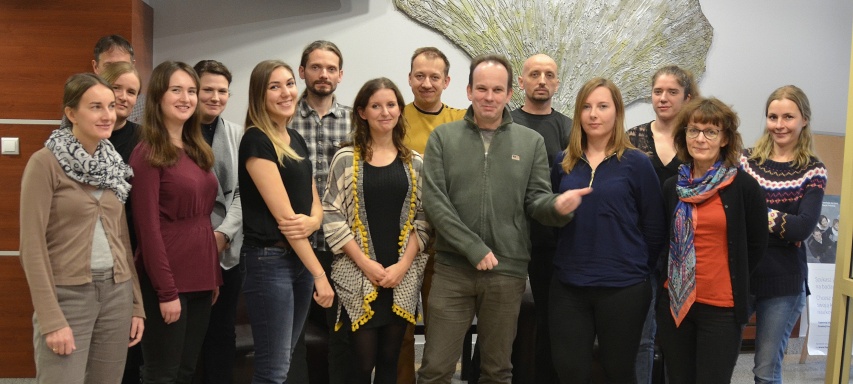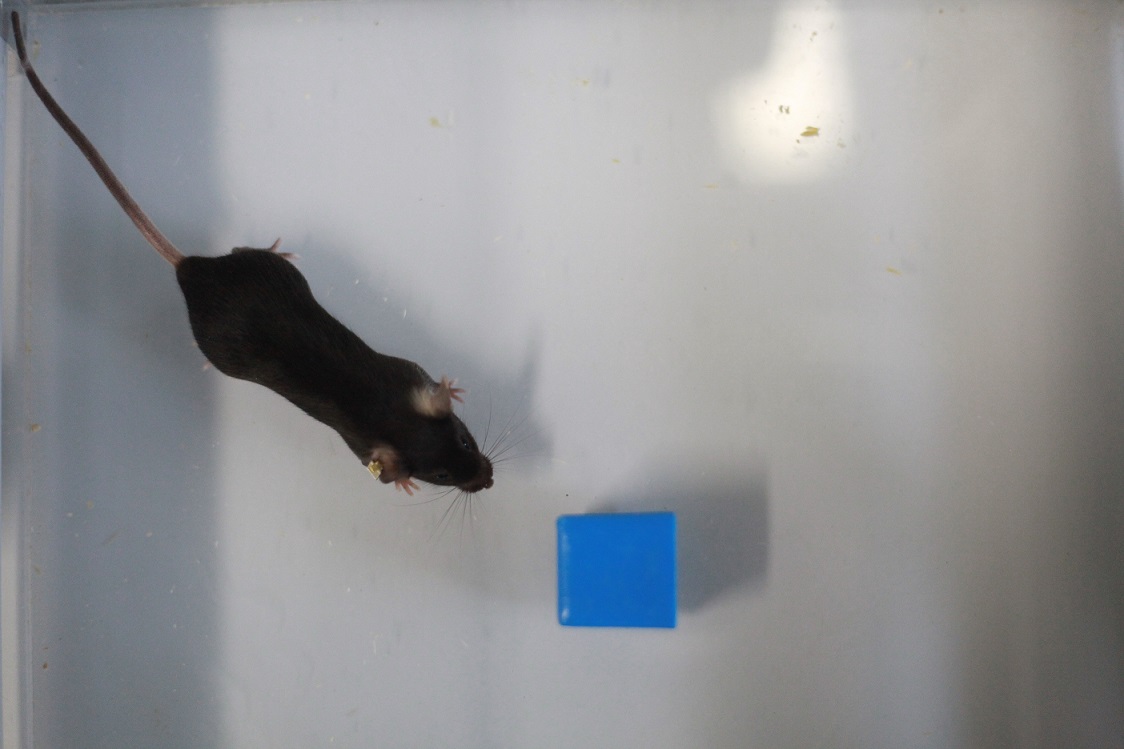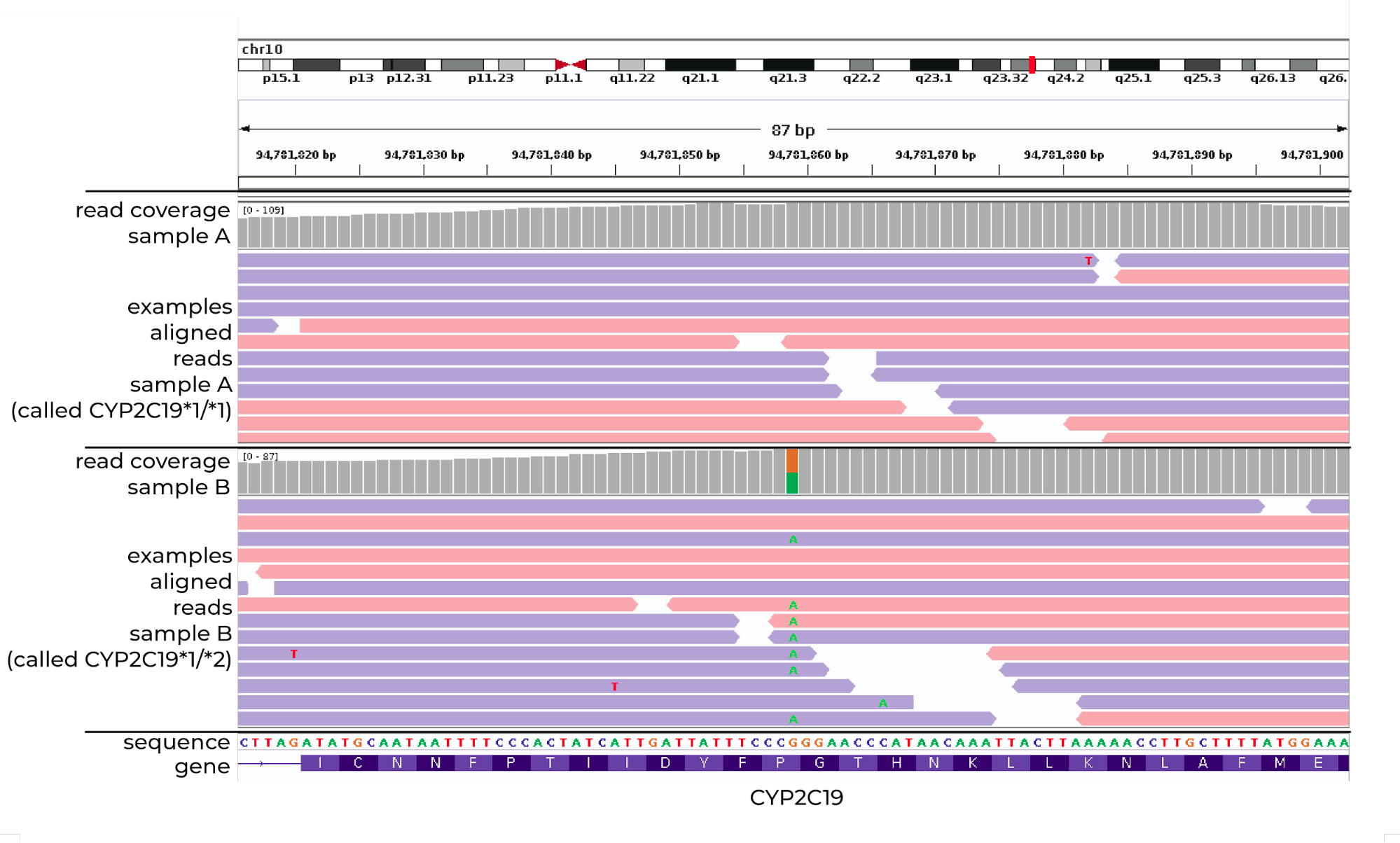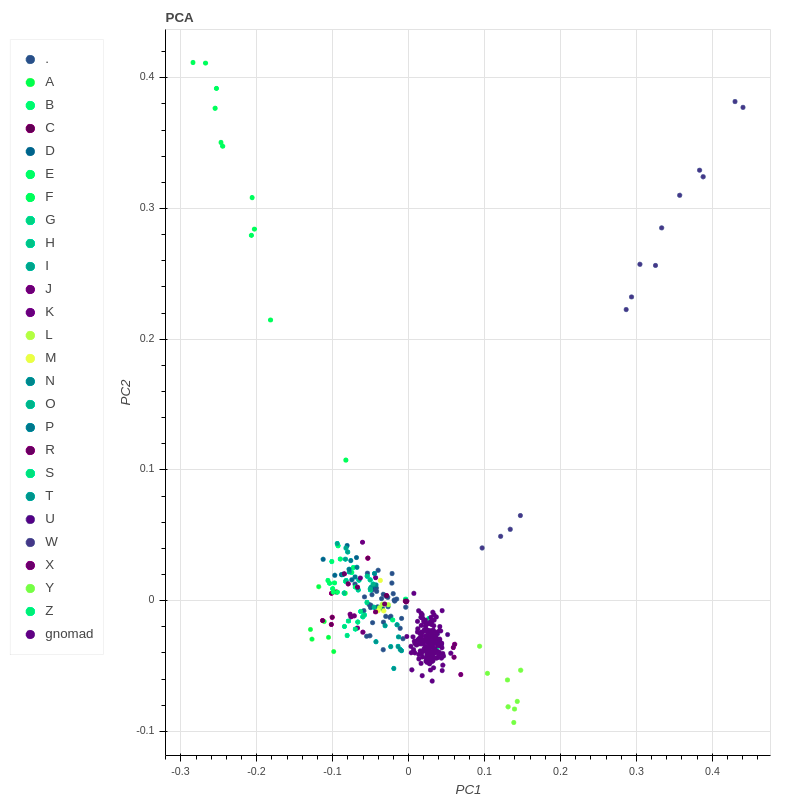Department of Molecular Neuropharmacology

Scientific profile
- About department
- Employees
- Laboratories
Our research focuses on three areas: the reward system of the brain, the molecular mechanisms of drug action, and neuro-pharmacogenomics.
The reward system of the brain encompasses all brain areas involved in reward-driven behaviors, with the mesolimbic dopamine system at the core. We have been studying the mechanisms involved in the plasticity of dopaminergic and dopaminoceptive neurons, and also the role of endogenous opioids in signaling rewards.
As the name of the Department implies a large part of our research focuses on the cellular and the molecular mechanisms of actions of psychotropic drugs, also with an emphasis on opioids. We hope that elucidating molecular signatures of drug action will lead to the identification of mechanisms essential for their therapeutic effects.
In recent years we have also been involved in neuro-pharmacogenomics, searching for associations between genetic background, neuropsychiatric disorders, and the effectiveness of pharmacotherapy. We use next-generation sequencing to discover novel common as well as rare genetic variants associated with drug effectiveness and safety. This is of particular interest in psychiatry due to large interindividual differences in therapy responses.




Professor Jan Manuel Rodriguez Parkitna, dr hab.
Head
Employees
Professor Ryszard Przewłocki, dr hab.
Michał Korostyński, dr hab.
Marcin Piechota, dr
Ganna Shayakhmetova, dr
Małgorzata Borczyk, dr
Sławomir Gołda, dr
Zofia Harda, dr
Alla Voronina, dr
Barbara Ziółkowska, dr hab.
Łukasz Szumiec, mgr
Lidia Radwan, mgr
Jacek Hajto, mgr
Klaudia Misiołek, mgr
Magdalena Ziemiańska, mgr
Mateusz Zięba, mgr
Employees
Michał Korostyński, dr hab.
Marcin Piechota, dr
Małgorzata Borczyk, dr
Jacek Hajto, mgr
Mateusz Zięba, mgr
Achievements
- Publications
- Grants
- Awards
Grant
The developmental changes in the endogenous opioid system associated with altered sensitivity to reward during adolescence
Klaudia Misiołek, MSc
Grant
Kappa opioid receptors integrate neuronal signaling involved in social behavior
Professor Jan Manuel Rodriguez Parkitna, PhD
Award
The Jerzy Konorski Team Award for the best study in neurobiology conducted in Poland awarded every year by the Polish Neuroscience Society and Committee of Neurobiology of the Polish Academy of Sciences
Professor Jan Manuel Rodriguez Parkitna, PhD
Inflammation-Driven Secretion Potential Is Upregulated in Osteoarthritic Fibroblast-Like Synoviocytes
Jakub Chwastek, Marta Kędziora, Małgorzata Borczyk, Michał Korostyński, Katarzyna Starowicz
DOI: 10.3390/ijms231911817
Prospects for personalization of depression treatment with genome sequencing
Malgorzata Borczyk, Marcin Piechota, Jan Rodriguez Parkitna, Michal Korostynski
DOI: 10.1111/bph.15470
Transcriptional Response of Blood Mononuclear Cells from Patients with Inflammatory and Autoimmune Disorders Exposed to “Krakow Smog”
Adrianna Gałuszka-Bulaga, Jacek Hajto, Małgorzata Borczyk, Sławomir Gołda, Marcin Piechota, Michał Korostyński, Magdalena Rutkowska-Zapała, Paweł Latacz, Zofia Guła, Mariusz Korkosz, Joanna Pera, Agnieszka Słowik, Maciej Siedlar, Jarek Baran
DOI: 10.3390/cells11162586
TTN Variants Are Associated with Physical Performance and Provide Potential Markers for Sport-Related Phenotypes
Agata Leońska-Duniec, Małgorzata Borczyk, Marcin Piechota, Michał Korostyński, Andrzej Brodkiewicz, Paweł Cięszczyk
DOI: 10.3390/ijerph191610173
Gene Expression Changes Induced by Exposure of RAW 264.7 Macrophages to Particulate Matter of Air Pollution: The Role of Endotoxins
Adam Roman, Michał Korostyński, Monika Jankowska-Kieltyka, Marcin Piechota, Jacek Hajto, Irena Nalepa
DOI: 10.3390/biom12081100
Deletion in the Y chromosome of B10.BR-Ydel mice alters transcription from MSYq genes and has moderate effect on DNA methylation
Katarzyna Kotarska, Andrzej Doniec, Michał Korostyński, Marcin Piechota, Aniela Gołas, Paweł Lisowski, Józefa Styrna
DOI: 10.1016/j.repbio.2022.100614
Transmission Distortion of MCT1 rs1049434 among Polish Elite Athletes
Magdalena Dzitkowska-Zabielska, Aleksandra Bojarczuk, Małgorzata Borczyk, Marcin Piechota, Michał Korostyński, Jakub Grzegorz Adamczyk, Grzegorz Trybek, Myosotis Massidda, Paweł Cięszczyk
DOI: 10.3390/genes13050870
Downregulation of dystrophin expression occurs across diverse tumors, correlates with the age of onset, staging and reduced survival of patients
Alnassar, N., Borczyk, M., Tsagkogeorga, G., Korostynski, M., Han, N., Górecki, D.C.
DOI: 10.1101/2022.04.04.486990
Loss of full-length dystrophin expression results in major cell-autonomous abnormalities in proliferating myoblasts
Gosselin, M.R.F., Mournetas, V., Borczyk, M., Verma, S., Occhipinti, A., Róg, J., Bozycki, L., Korostynski, M., Robson, S.C., Angione, C., Pinset, C., Gorecki, D.C.
DOI: 10.7554/eLife.75521
Oligogenic risk model for Gilles de la Tourette syndrome reveals a genetic continuum of tic disorders
Malgorzata Borczyk, Jakub P Fichna, Marcin Piechota, Sławomir Gołda, Mateusz Zięba, Dzesika Hoinkis, Paweł Cięszczyk, Michal Korostyński, Piotr Janik, Cezary Żekanowski
DOI: 10.1101/2021.12.09.21266782